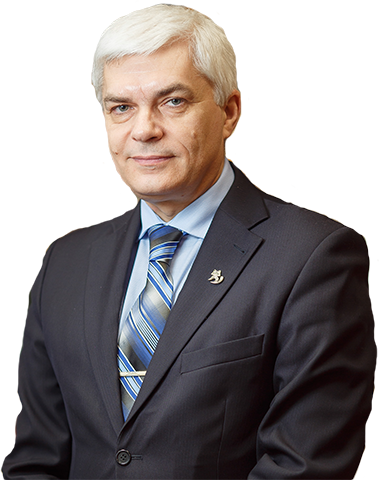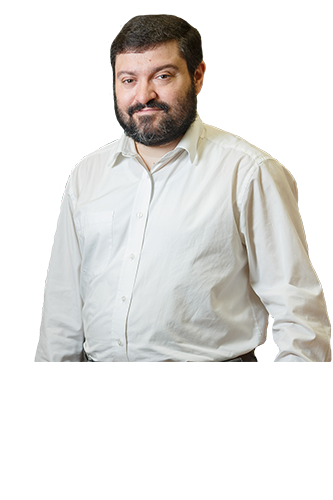Phystech School of Biological and Medical Physics
We are convinced that both the tuition provided by MIPT and our research should be in line with the latest global research trends. The Phystech School of Biological and Medical Physics offers its students a unique interdisciplinary education recognized throughout the scientific world and highly demanded by the society. The mission of the school is to unite distinguished scholars in chemistry, biology, medicine, mathematics, physics, and engineering using authentic opportunities for hands-on participation to create of new knowledge. We aim to be an internationally recognized interdisciplinary research and academic center for basic science and applied research, empowering active longevity and enhancing the quality of life, addressing the needs of the ageing population and promoting policy improvement. We take on global challenges such as the unprecedented increase in life expectancy, the growing prevalence of age-related health problems, and the need for more basic research on the mechanisms underlying biological aging (targeting dementia, cardiovascular diseases, etc.), and the transition gap between clinical and experimental biogerontology.
The school’s goals are:
- Delivering original educational programs to ensure the application of scientific expertise to the endorsement of active aging.
- Conducting cross-disciplinary, cutting-edge research in biogerontology and technological studies of a high international standard.
- Developing a systems biology-informed holistic view of the underlying mechanisms of dementia and arrhythmias.
- Fostering domestic and international collaborations to promote academic and research exchange.
- Expanding the opportunities of students and their parents.
- Advocating on behalf of and having an impact on the community’s aging population.
- Advancing the Institute’s mission: to train the next generation of scientists and researchers.
The Phystech School is a successor of the biomedical physics department. Although the school specializes in several areas of research, its primary focus is the study of aging, which addresses the rapidly growing need for a higher life expectancy and a better quality of life. One of the key areas for this school is bioinformatics, comprising the in silico design of medications, and the various “omic” sciences: connectomics, genomics, proteomics, metabolomics, etc. Another research area is the physics of the human and animal bodies, which includes the study of biomaterials and artificial organs, theranostics, neuro- and cardiophysics, and aging mechanisms. The third focus is on the development of cutting-edge medical equipment and new technologies for health diagnostics, such as gamification, health networks, smart systems for patient rehabilitation, and equipment for early disease detection and prevention.
The Phystech School of Biological and Medical Physics collaborates with leading Russian research centers, including the Engelhardt Institute of Molecular Biology, RAS; Rogachev National Research Center of Pediatric Hematology, Oncology and Immunology; Institute of Bioorganic Chemistry, RAS; Scientific Research Institute of Physical-Chemical Medicine; Sklifosovsky Research Institute of Emergency Care; Vavilov Institute of General Genetics, RAS; and many more. In other words, the school supports a flexible educational system designed to satisfy the emerging demand for highly qualified neurophysicists, human tissue engineers, and medical equipment architects possessing a solid physical, mathematical, and engineering background fostefed by applied biological and medical knowledge.

